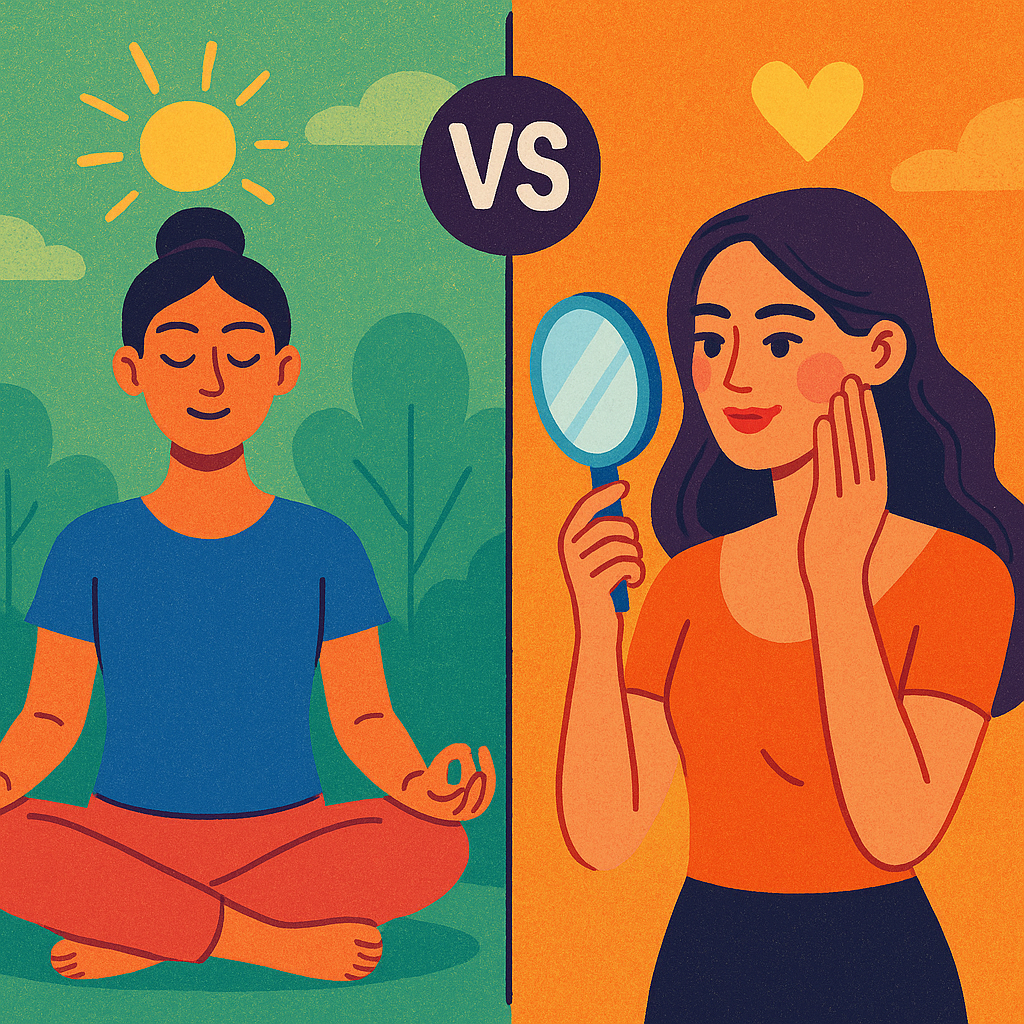Exercise as Medicine: Fast Walking for Depression and Anxiety
In a world where mental health challenges are increasingly prevalent, the need for effective and accessible solutions is more important than ever. One surprisingly simple remedy is brisk walking. This form of exercise not only enhances physical well-being but also serves as a powerful tool for alleviating symptoms of depression and anxiety. In this article, we will explore the profound impact of fast walking on mental health and longevity, providing insights and practical advice for incorporating this activity into your daily routine.
The Connection Between Exercise and Mental Health
Numerous studies have demonstrated a strong link between physical activity and improved mental health. According to the Anxiety and Depression Association of America (ADAA), regular exercise can significantly reduce anxiety and depressive symptoms. The release of endorphins during physical activity provides a natural boost to mood, making exercise a potent form of ‘medicine’ for mental health.
Why Fast Walking?
Among various forms of exercise, brisk walking stands out for several reasons. It is low-impact, requires no special equipment, and can be done almost anywhere. Fast walking elevates the heart rate, promotes blood circulation, and stimulates the release of feel-good hormones. Unlike high-intensity workouts, brisk walking is accessible to a broader range of individuals, making it an ideal choice for those looking to enhance their mental health.
The Science Behind Brisk Walking
Research has shown that engaging in moderate aerobic exercise, such as brisk walking, has significant benefits for mental health. A study published in the American Journal of Preventive Medicine found that individuals who walked briskly for 30 minutes a day experienced a notable decrease in depressive symptoms. This effect is attributed to various physiological and psychological mechanisms.
Physiological Benefits
Brisk walking leads to various physiological changes that contribute to better mental health. These include:
- Increased Endorphin Production: Known as the body’s natural painkillers, endorphins can create feelings of euphoria.
- Reduced Stress Hormones: Regular walking lowers cortisol levels, the hormone associated with stress.
- Improved Brain Function: Exercise promotes neurogenesis, the process of generating new neurons, enhancing cognitive function and resilience.
Psychological Benefits
The psychological advantages of brisk walking are equally compelling. Engaging in regular walking can:
- Enhance Mood: The rhythmic nature of walking can serve as a moving meditation, promoting relaxation and reducing anxiety.
- Boost Self-Esteem: Achieving walking goals fosters a sense of accomplishment, enhancing overall self-worth.
- Provide Social Interaction: Walking with friends or joining walking clubs can reduce feelings of loneliness and provide social support.
Incorporating Fast Walking Into Your Routine
Now that we understand the benefits, how do we make brisk walking a part of our everyday lives? Here are some tips to get started:
Set Realistic Goals
Begin with achievable goals. Start with a 10 to 15-minute walk daily and gradually increase the duration and intensity. Aim for at least 150 minutes of moderate-intensity aerobic exercise each week, as recommended by the CDC.
Find Your Ideal Walking Environment
Choose a location that you enjoy. Whether it’s a park, beach, or urban area, a pleasant environment can make walking more enjoyable. Additionally, consider varying your routes to keep things interesting.
Incorporate Walking into Daily Activities
Look for opportunities to walk throughout your day. This might include walking to work, taking the stairs instead of the elevator, or scheduling walking meetings. The more you can integrate walking into your routine, the easier it becomes.
Track Your Progress
Consider using a pedometer or smartphone app to track your steps. Monitoring your progress can motivate you to stick to your walking routine and set new goals. Celebrate milestones, no matter how small!
Real-Life Examples of Transformation
Many individuals have experienced profound changes in their mental health through brisk walking. For example, Sarah, a 32-year-old mother, struggled with postpartum depression. After incorporating brisk walking into her daily routine, she noticed significant improvements in her mood and energy levels. The simple act of walking transformed her outlook on life.
Similarly, John, a 45-year-old corporate professional, faced chronic anxiety. After a friend encouraged him to walk during lunch breaks, he found that his anxiety levels decreased significantly, leading to improved productivity and a better work-life balance.
Additional Benefits of Fast Walking
In addition to its mental health benefits, brisk walking contributes to overall physical well-being. It helps maintain a healthy weight, improves cardiovascular health, and enhances longevity. Regular walkers often report better sleep quality and increased energy levels, further supporting mental health.
Brisk Walking and Longevity
The relationship between regular physical activity and longevity is well-documented. A study published in the British Journal of Sports Medicine found that individuals who engage in moderate-intensity exercise, like brisk walking, have a lower risk of premature death. This makes walking not just a remedy for mental health but also a key player in promoting a longer, healthier life.
Conclusion: Take the First Step Today
In conclusion, brisk walking is a simple yet effective solution for managing symptoms of depression and anxiety. The benefits extend beyond mental health, promoting physical fitness and longevity. By incorporating brisk walking into your daily routine, you can take a significant step towards a healthier, happier life.
Ready to take the first step? Start today by setting aside just 10 minutes for a brisk walk. As you gradually increase your walking time, you’ll likely notice improvements in your mood and overall well-being. For more tips on wellness and mental health, explore our wellness hub for resources and support.
